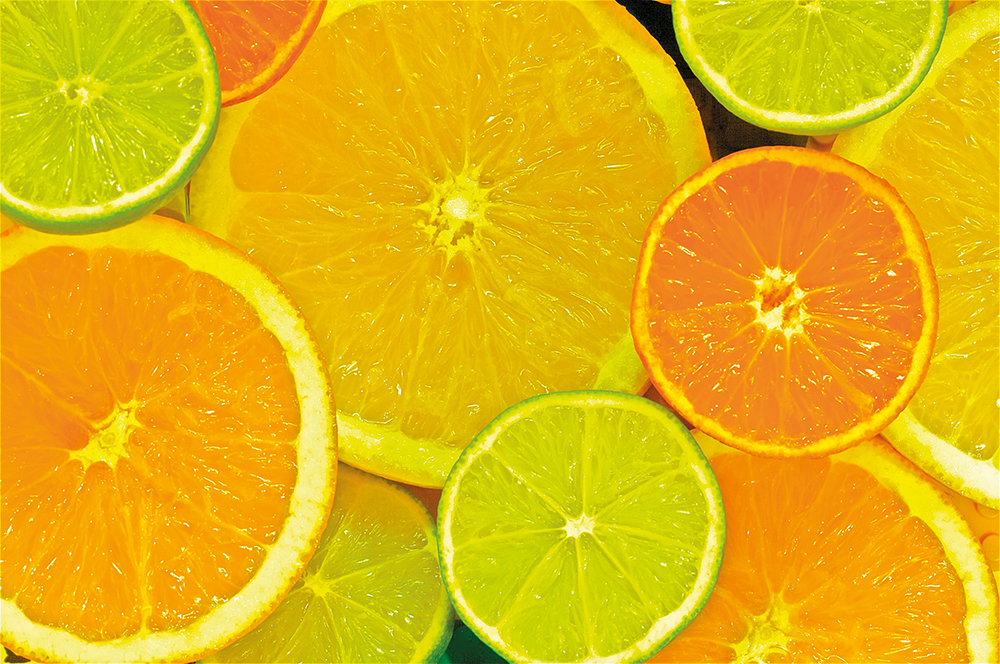Life sciences company Bayer has set out a programme of activities which use chemicals to combat a disease threatening the global citrus industry.
Brazil, China and the United States are the biggest orange producing countries, accounting for 58% of global production, but the trade is threatened by citrus greening, which has spread around the planet in the past decade.
The culprit is an insect called the Asian citrus psyllid (Diaphorina citri), which transmits a bacteria that causes Huanglongbing (HLB),
better known as citrus greening disease.
Bayer has been showcasing its portfolio of solutions that combat the disease and Kai Wirtz, Global Fruit Crop Manager at the Crop Science Division, said: “This disease is the greatest threat to the entire citrus industry. Globally, millions of citrus trees have had to be culled as there is no cure available at the moment.
“The infection severely limits the flow of nutrients. The oranges, lemons and grapefruits do not grow or ripen as they should, and any fruits that do form are small and sour. Global production has already drastically declined. Countries especially affected are Brazil, the United States, and China.”
The company says that its pest management practices and chemical and biological solutions help to control the Asian citrus psyllid vector.
Bayer is supporting the Citrus Research and Development Foundation in Florida as it seeks to reduce the psyllid population and breed more resistant trees.
In Brazil, Bayer is collaborating with Fundecitrus, an association for citrus growers, to bring about faster development of technologies intended to ensure sustainability in citrus farming.
And to improve the situation in China, Bayer is funding research at the Chinese National Agro-Tech Extension and Service Center into spraying.














